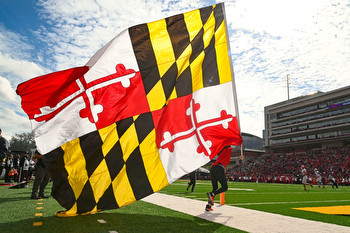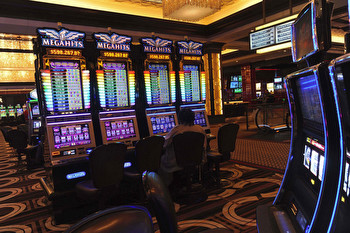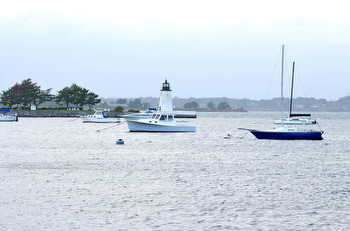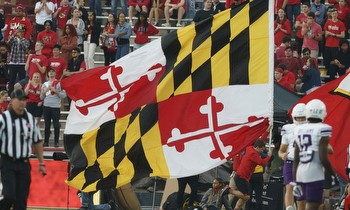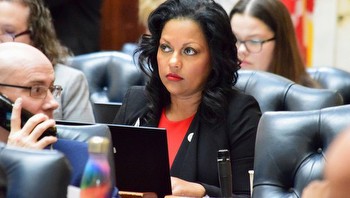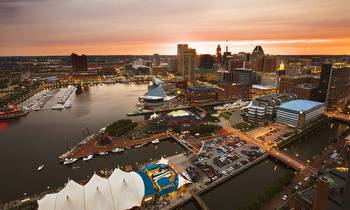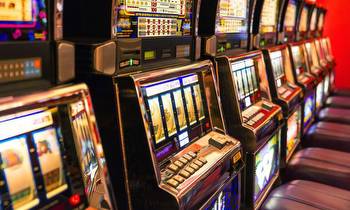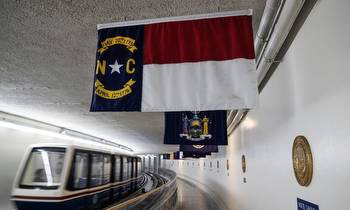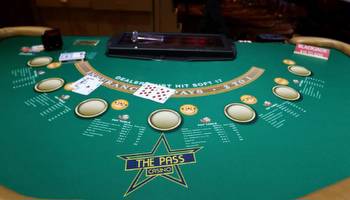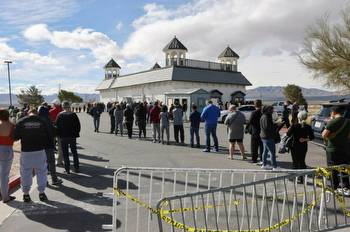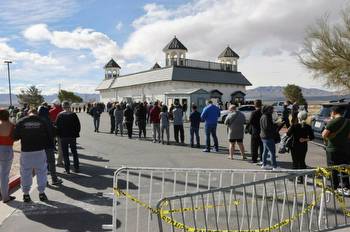Two Reasons Why Maryland Didn’t Legalize Online Casinos

Maryland’s legislative session ended Monday, and online casinos weren’t legalized. The news doesn’t come as a major surprise, as Sen. Ron Watson told US Bets last week that Maryland online casino legalization efforts failed in 2024.
The topic will likely come up again in 2025 and beyond, and the same discussion points that dominated 2024 conversations will surely be critical again. A couple key concerns about gambling expansion torpedoed legalization hopes in 2024.
Problem gambling concerns
Among the biggest concerns of those opposed to legalizing online casino gambling is a rise in problem gambling. If Marylanders have access to legal online sports betting, brick-and-mortar casino gaming, and mobile casino apps, would there be a dramatic rise in problem gambling?
“We know Marylanders love to play casino games,” Mary Drexler, program director for the Maryland Center of Excellence on Problem Gambling, said during a legislative hearing. “We know iGaming is exceptionally addictive.”
Drexel wants the state to conduct more research on gambling addiction in Maryland. She’s spoken in recent years about a desire for the state to move more slowly toward online casino legalization, if the state legalizes online casinos at all.
Her concerns are shared by some legislators, who want to see more data about mobile casinos and problem gambling rates before pushing forward.
Given the concerns about problem gambling, a large contingent of lawmakers seem willing to take a wait-and-see approach as it relates to mobile casinos. Fewer than 10 U.S. states allow for legal mobile casinos, so most lawmakers don’t feel like the state is lagging behind as it relates to gambling expansion.
Cannibalization fears
Lawmakers have been inundated with information from different sides of the aisle as it relates to casino cannibalization. Those against online casino legalization are adamant that mobile casinos would lead to job loss at the state’s brick-and-mortar casinos.
Some business owners who operate near casinos say that their bottom line could be negatively impacted by online casinos.
“Marylanders in every region of the state, Republicans and Democrats alike, are united in their opposition of iGaming and iLottery,” Cailey Locklair, president of the Maryland Retailers Association, said in a press release. “These policies would negatively impact not only the gaming and lottery industries, but also every community that benefits from their local economic stimulation.”
A study from The Innovation Group that was commissioned by the state’s lottery suggests a minor level of cannibalization could occur. The report suggests that tethering online casino licenses to retail casinos could offset the cannibalization issue.
Online casino supporters disagree that legalization would hurt brick-and-mortar facilities or the lottery.
“Empirically, your concerns are unfounded,” Lloyd Levenson, a gambling attorney with decades of experience, said at a legislative hearing. “In the states where iGaming has been legalized, there has not been a reduction in the number of casino employees.”
Unfounded or not, the debate surrounding casino cannibalization hurt the chances of legalization in Maryland in 2024. Coupled with concerns about problem gambling, there were too many hurdles for legislators to overcome in the push for online casino legalization.









